2 questions for peach growers
franktank232
11 years ago
Related Stories
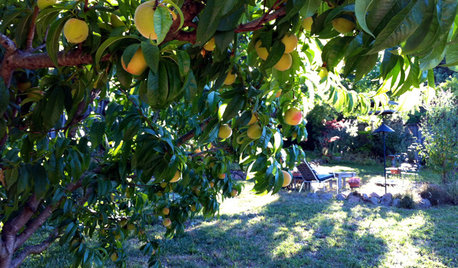
EDIBLE GARDENSHow to Grow Your Own Peaches and Nectarines
Make gardening a little sweeter with these juicy fruits, which you can eat after plucking or preserve for later
Full Story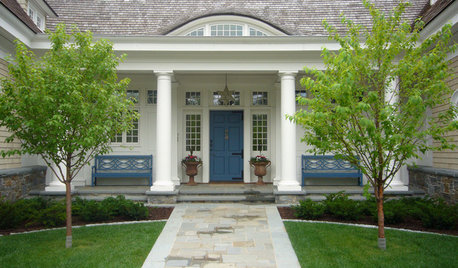
EXTERIORSCurb Appeal Feeling a Little Off? Some Questions to Consider
Color, scale, proportion, trim ... 14 things to think about if your exterior is bugging you
Full Story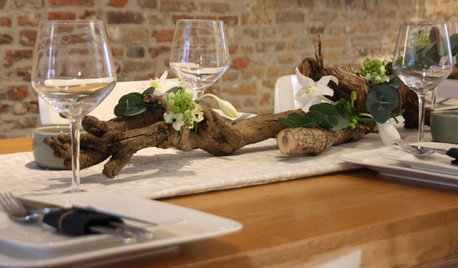
DECORATING PROJECTS2 Beautifully Natural Tablescapes for Holiday Dining
Put nature front and center with these fresh Scandinavian-style table settings and centerpieces for Christmas and New Year's
Full Story
BEDROOMSHouzz Quiz: What Color Should You Paint Your Bedroom Walls?
Cool and soothing, or warm and spicy? Answer these questions and learn what hue is right for you
Full Story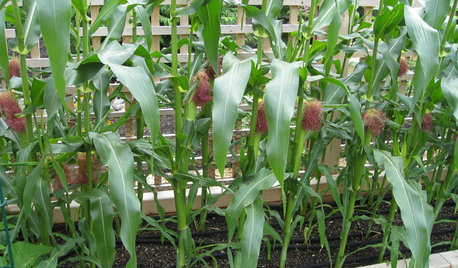
SUMMER FRUITS AND VEGETABLESHow to Grow Your Own Fresh, Sweet Corn
Here's how to plant and care for your own mini cornfield
Full Story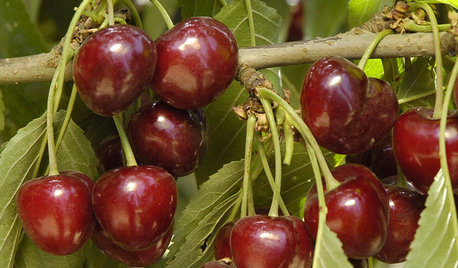
EDIBLE GARDENSHow to Grow Your Own Luscious Cherries
Nope, they’re not the easiest fruit to grow. But with spectacular blossoms and pies as possibilities, cherries are sure worth a try
Full Story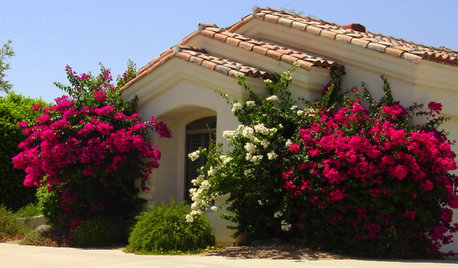
LANDSCAPE DESIGNGreat Design Plant: Sun-Loving Bougainvillea Showers Yards With Color
Bring unbeatable vibrancy to a garden or wall with this unfussy and trainable shrub packed with colorful bracts
Full Story
HOUZZ TOURSMy Houzz: Midcentury Modern Style Transforms a Vineyard Bungalow
Spectacular surroundings and iconic design inspiration meet in a major overhaul of a 1960s Ontario home
Full Story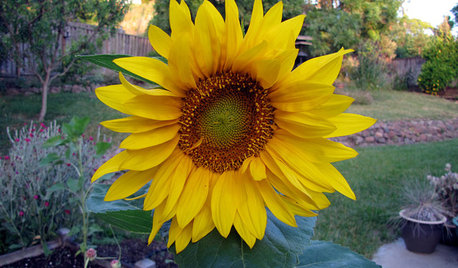
MOST POPULARSummer Crops: How to Grow Sunflowers
Savor snack-tastic sunflower seeds once the radiant blooms have faded — if the birds have saved you any, that is
Full Story
GARDENING FOR BUTTERFLIESGardening for the Bees, and Why It’s a Good Thing
When you discover how hard bees work for our food supply, you may never garden without them in mind again
Full Story





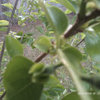
alan haigh
aphahn
Related Professionals
Saint Louis Park Landscape Architects & Landscape Designers · Wake Forest Landscape Contractors · Williamsburg Landscape Contractors · Braintree Landscape Contractors · Brooklyn Park Landscape Contractors · Commack Landscape Contractors · Euclid Landscape Contractors · Kettering Landscape Contractors · Live Oak Landscape Contractors · Morrisville Landscape Contractors · Palm Beach Gardens Landscape Contractors · Pikesville Landscape Contractors · Ridgewood Landscape Contractors · Hawaiian Gardens Landscape Contractors · Raytown Landscape Contractorsalan haigh
olpea
fruitnut Z7 4500ft SW TX
fireduck
olpea
alan haigh
franktank232Original Author
Dzitmoidonc
alan haigh
Dzitmoidonc
aphahn
alan haigh
spartan-apple
fruitnut Z7 4500ft SW TX